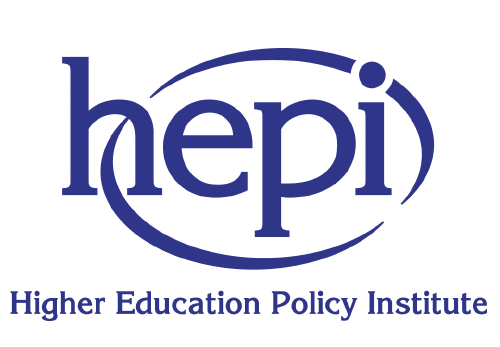New HEPI poll finds students want better communication about the next academic year, but have realistic expectations of what is to come

@HEPI_news – The Higher Education Policy Institute has worked with @YouthSight on a poll of over 1,000 full-time undergraduate students to see how the Covid-19 pandemic is affecting them.
This follows on from our previous polling, undertaken at the start of the crisis, allowing comparisons over time to be made. The new polling also covers some extra topics about the coming academic year.
The results show:
- one-in-five students (19%) say they have had ‘very clear’ communications on Covid-19 from their higher education institutions (down from 31% in March);
- two-thirds of students feel positive about the communications, three times higher than the proportion who feel negative – 66% say the communications are ‘very clear’ or ‘quite clear’ against 21% who say they are ‘quite unclear’ or ‘very unclear’;
- nearly half of students feel they have received clear communications about the next academic year from their higher education institution – 10% say the communications about next year have been ‘very clear’ and 33% ‘quite clear’;
- the majority of students are satisfied with the way their higher education institution has handled their remaining assessments for this academic year – 20% say they are ‘very satisfied’ and 43% say they are ‘quite satisfied’;
- fewer students are satisfied with the online learning that has replaced face-to-face teaching than they were in March – 42% are either ‘very satisfied’ or ‘quite satisfied’, compared to 49% in March;
- just under half say they are satisfied with the delivery of support services, such as careers support and mental health support, during lockdown – 13% are ‘very satisfied’ and 31% are ‘quite satisfied’;
- just over half of students (57%) are living away from their usual term-time residence and nearly a third (30%) of all students say they have received a refund on accommodation costs or early release from a contract; and
- there is a clear hierarchy of expectations among students on the measures that institutions are exploring for the next academic year: 75% expect increased hygiene, 71% expect some learning online and 71% expect social distancing measures but only 26% expect limitations to courses, 25% expect a delayed start to term and 18% expect all learning to be online.
Rachel Hewitt, Director of Policy and Advocacy at the Higher Education Policy Institute, said:
‘Universities have been grappling with the challenges of a pandemic no one predicted, leading to a swift move to online learning. In some ways it is unsurprising that students are not completely satisfied with a model that has been created in such extraordinary times and some aspects, such as the handling of assessments, have clearly met with students’ approval. In order to improve students’ perceptions, it is important that universities use this time to learn from students what works in terms of online learning, to develop the model available for the next academic year.
‘The results show that students are realistic that the next academic year is likely to be radically different to the norm. They understand that some level of social distancing is likely to remain in place and blended teaching will combine online and face-to-face teaching. However, it is concerning that less than half feel they have had clear messaging from their university about the next academic year. While it is difficult to predict exactly where we will be by September, it is important universities are as clear as possible in their communications to students.
‘Staff are working their socks off to get their campuses ready for the new academic year and we hope these results will help them prepare.’
 Emma Hardy MP, Labour’s Shadow Minster for Further Education & Universities, responding to the HEPI report, said:
Emma Hardy MP, Labour’s Shadow Minster for Further Education & Universities, responding to the HEPI report, said:
“These figures show that whilst universities have responded quickly and largely successfully to problems, there are still significant numbers of students not getting the support they need.
“Not all of this can be laid at the door of universities, which have had to meet the challenges with no meaningful help from government.
“It is paramount that the government provides the support needed so universities can feel confident in dealing with students over the impact of COVID-19 during the next academic year”.












Responses